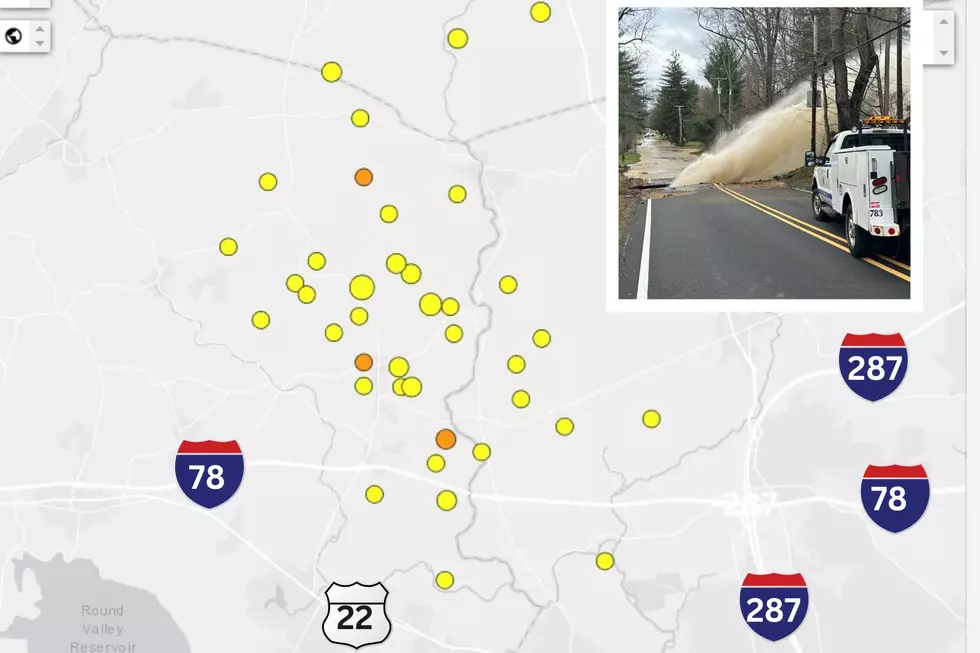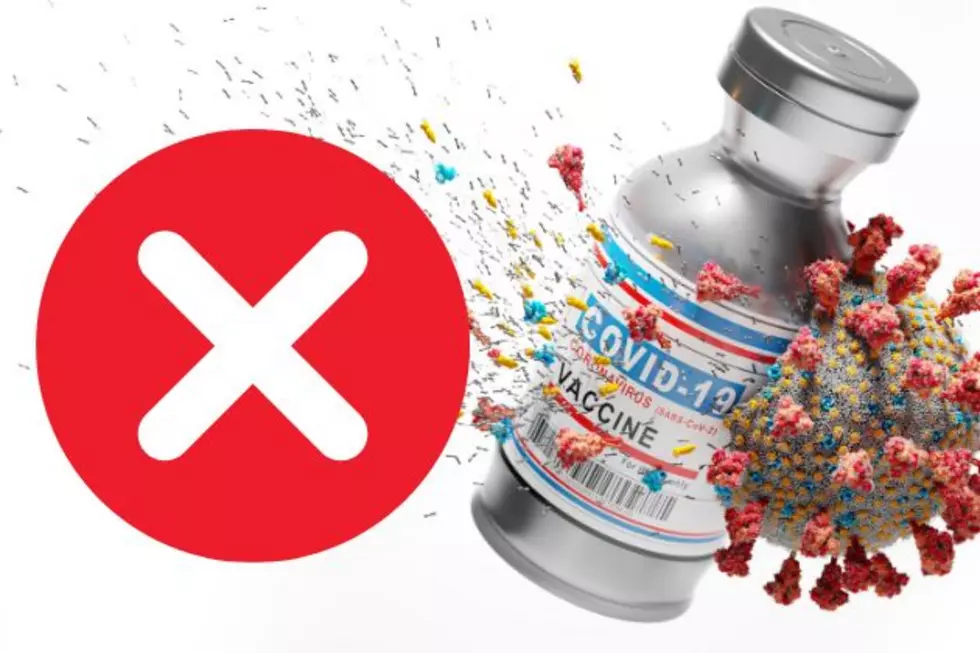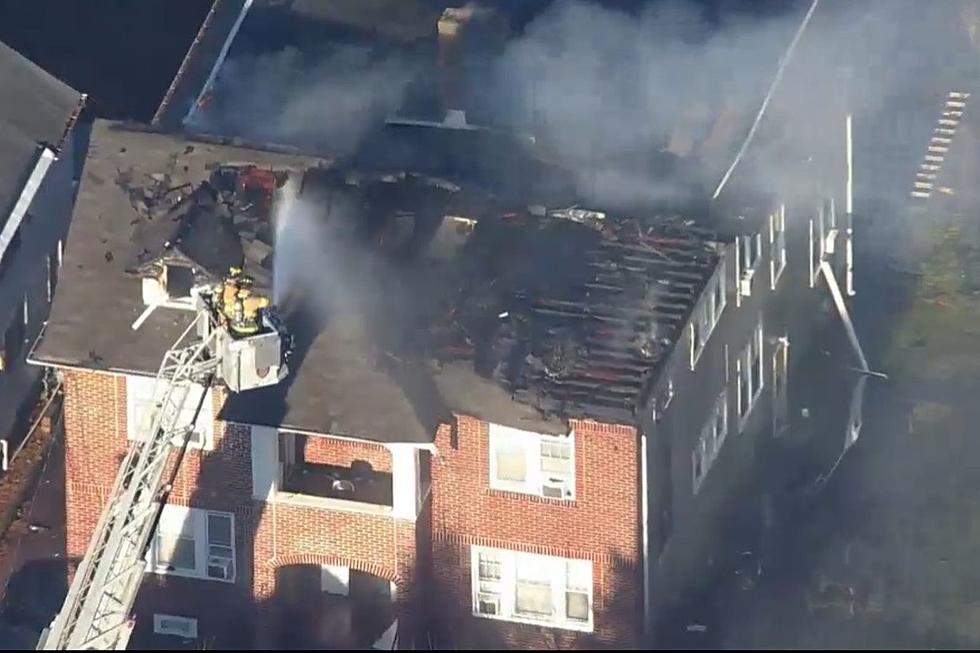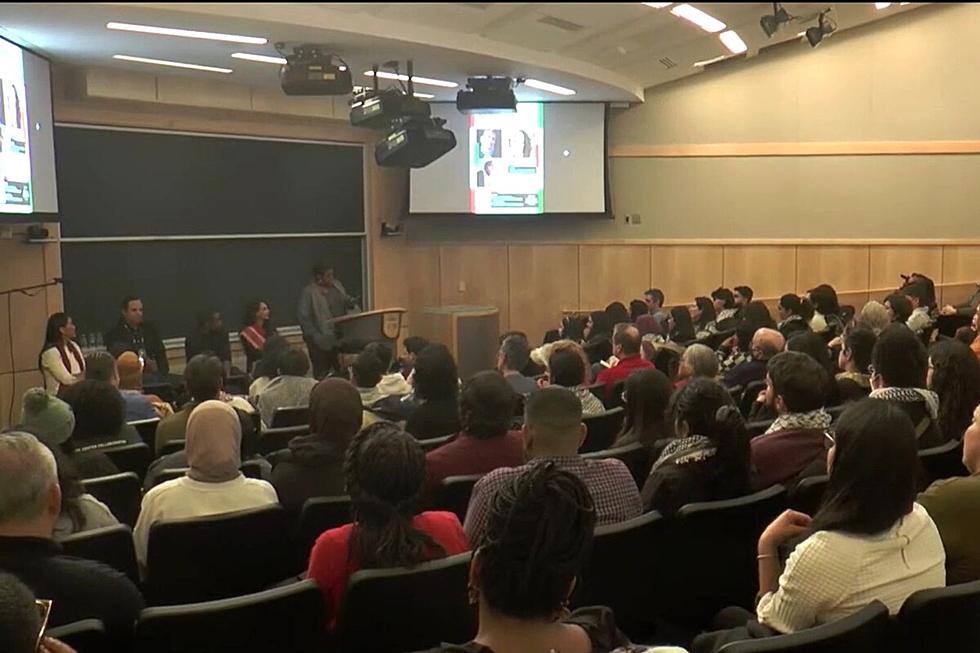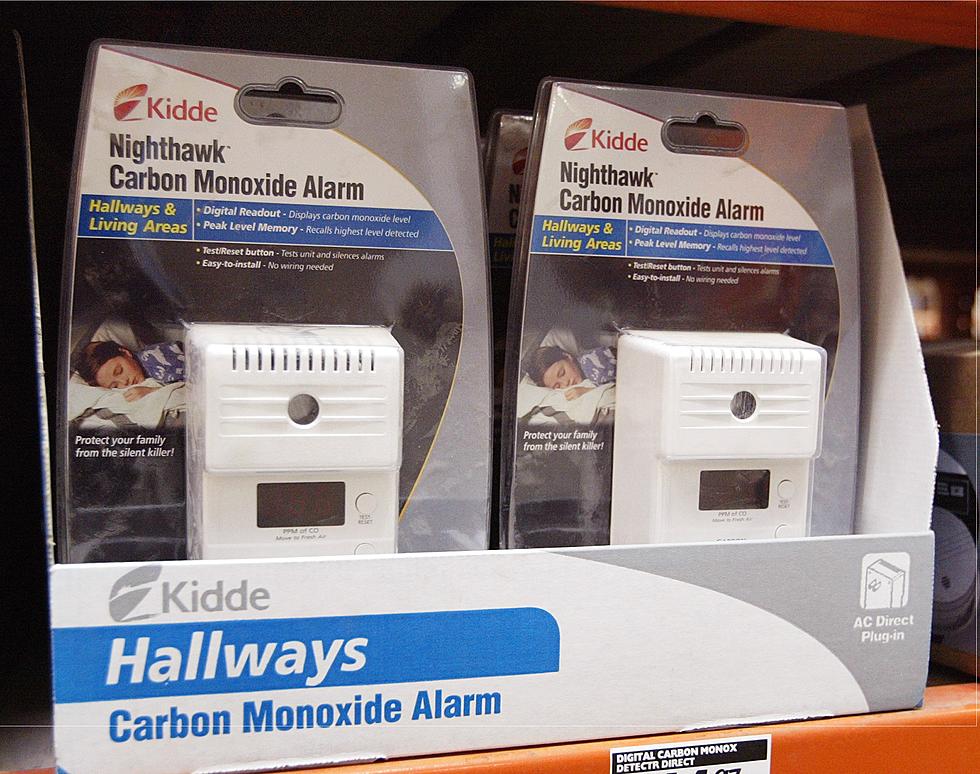
Carbon monoxide poisoning is dangerous anywhere, even when traveling
Carbon monoxide poisoning: It gives no warning. You can’t see, smell, hear or taste it. But dangerous levels of the poison can build up quickly in spaces, making people and pets sick, and even killing them.
Is carbon monoxide poisoning only dangerous in the winter?
Most people think about CO poisoning, if they think about it at all, in the winter when heating systems go on, said Bruce Ruck, managing director of the New Jersey Poison Control Center at Rutgers University.
But it’s important to think about CO poisoning in the summertime too. Accidental CO-related illnesses and death can stem from faulty, or improperly vented fuel-powered heaters, water heaters, appliances, washers, dryers, and even pool heaters that people don’t consider.
Carbon monoxide poisoning can occur in hotels
Sadly, it’s not uncommon to hear of the tragic deaths of travelers caused by accidental CO poisoning,
Recently, carbon monoxide poisoning was confirmed to be the cause of death of three Americans vacationing at a Bahamas resort.
“In this situation, we do not know whether there were carbon monoxide detectors or not. But we are warning people about this because you can see carbon monoxide poisoning any time of the year, not just in the winter,” Ruck said.
When traveling, New Jersey residents need to think about this. Always make sure there is a carbon monoxide detector in any hotel, motel, inn, and residential-type rentals such as Airbnbs, condos, apartments, or guest rooms.
Ruck said if the place is only electric, don’t worry about it. But anywhere there is gas or flames, there needs to be a carbon monoxide detector, not just a smoke detector.
Again, pool heaters at the lodging and rental facilities are a common source of CO poisoning. Ruck said NJ Poison Control Center has received calls regarding CO-related illnesses from hotel pools. If the pool is indoors and the pool heater is indoors, and there is a leak of carbon monoxide, people in the pool area and hotel guests could get sick.
When making reservations, he urges people to inquire about the facility’s carbon monoxide detector policy.
What if there are no CO detectors installed at hotels?
If CO detectors are not installed at hotels, either consider staying at another rental facility or bring your own.
Ruck said many CO detectors run on a battery. They are small, often the size of a book, a tablet, or even a cell phone, and fairly inexpensive.
“They’re small so you can pack one in your luggage. I will warn you if you decide to take one with you, make sure you take the battery out before you travel with it because you don’t want it going off in some other place where it shouldn’t be,” he said.
What are the symptoms of CO poisoning?
Carbon monoxide is colorless, odorless, and tasteless. But there are ways to determine if you've been poisoned by such fumes.
Symptoms of carbon monoxide poisoning include headache, dizziness, weakness, fatigue, nausea, vomiting, muscle aches, and even chest pain and confusion, Ruck said. Early symptoms of CO poisoning can be similar to flu-like symptoms.
What should you do if you come in contact with CO?
If you do come in contact with carbon monoxide, Ruck said to practice separation from the source. Go outside and get fresh air. The longer you breathe in poisonous fumes, the more severe the health effects will be.
Contact the local fire department or emergency medical services. If you’re staying at a hotel, let the medical team know that.
If a person is not breathing or is hard to wake up, immediately dial 9-1-1. But if a person is conscious and feels ill, call the local poison control center at 1-800-222-1222.
Jen Ursillo is a reporter and anchor for New Jersey 101.5. You can reach her at jennifer.ursillo@townsquaremedia.com
Click here to contact an editor about feedback or a correction for this story.
Here's where NJ legal weed is sold
More From New Jersey 101.5 FM

